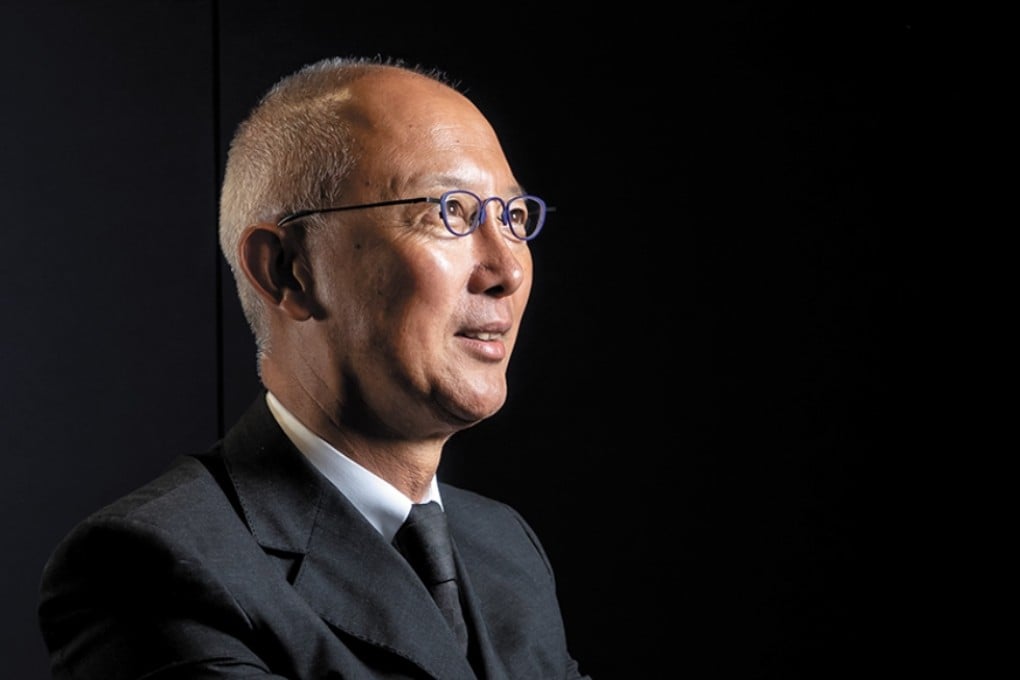Future of Work, and Workplace
Stepping into the office of top accounting and professional services firm Deloitte in Pacific Place, Hong Kong, one is struck by the spacious, open-plan layout that resembles a co-working space. Philip TSAI, Chairman of Deloitte China, agrees that the days when seniors worked and acted in isolation from their subordinates are long past. Collaboration is the key trend in today’s digitalized world.

[Sponsored Article]
Gone are the days when management officials were secluded from their underlings, segregated in plush offices far removed from rank-and-file employees toiling away in crammed cubicles. The office space’s traditional hierarchical structure has given way to an ethos of teamwork conducted on a far more equal basis.
Technological advancement is a key factor behind this change. “In the US and Europe – with the advent of technology, the Internet and virtual teams – many staff members do not come to the office to work,” explains Tsai. “We try to be at the forefront of all these [developments] because people are our most important asset.”
Deloitte is indeed at the forefront of this rapidly advancing corporate culture and business environment. “We have to change the set-up of our offices to accommodate the latest trends,” says Tsai.
Even experienced colleagues need to adapt and accept today’s more flexible working environment. “These days, knowledge changes and depreciates very quickly. It loses its value very quickly, and its shelf life is very short.”
Teamwork, and an open and flexible working environment to facilitate it, is more important than ever. This is also believed to appeal to millennial employees, many of whom prefer an adaptable working style.